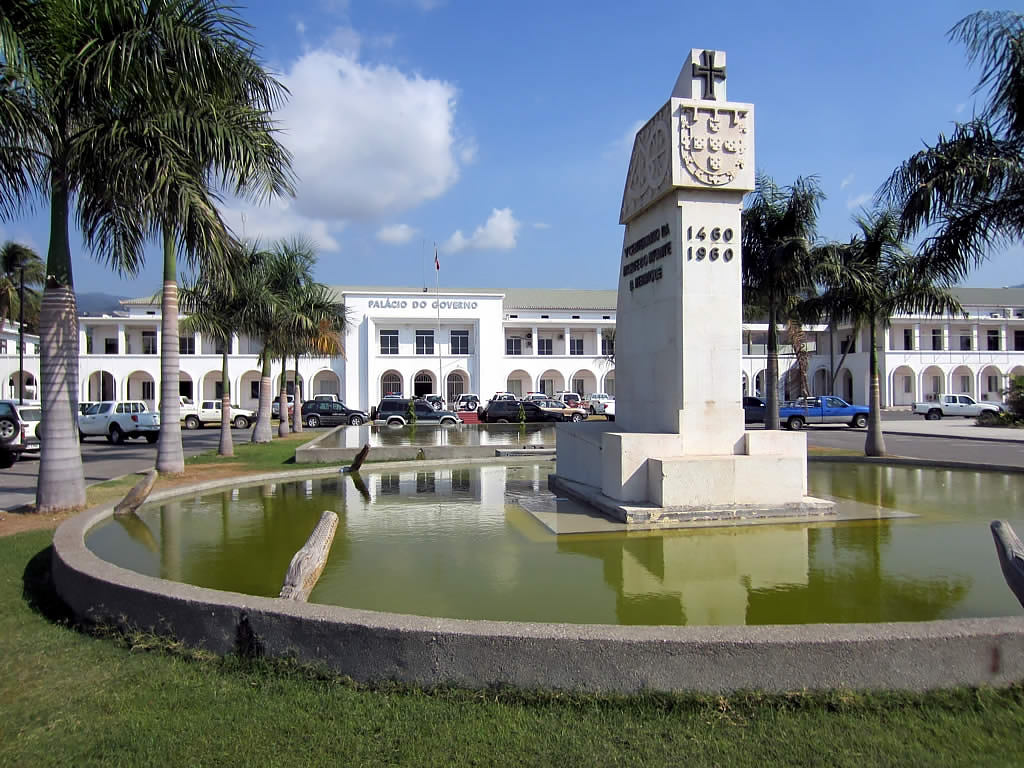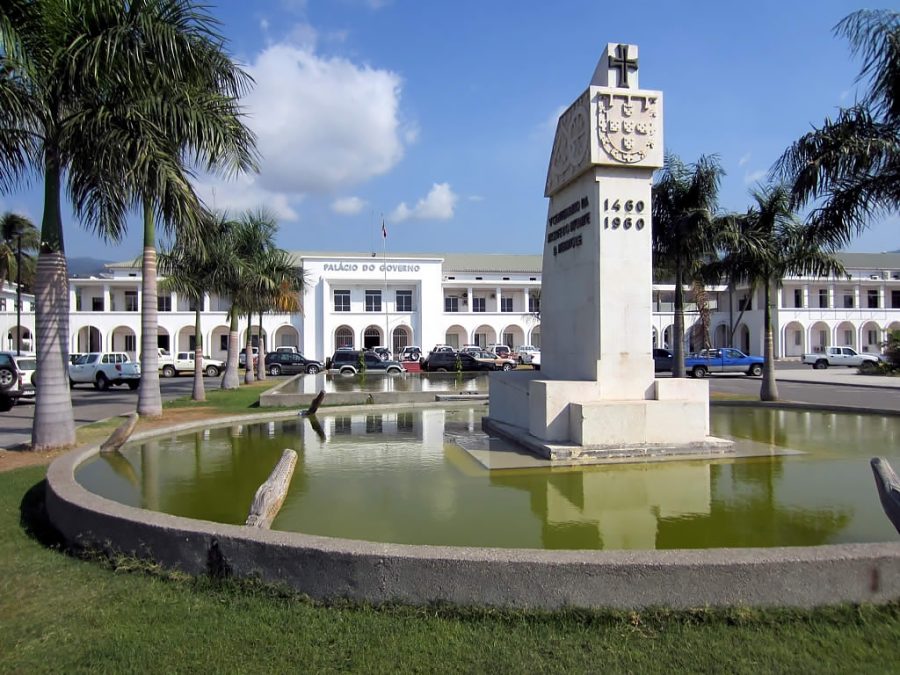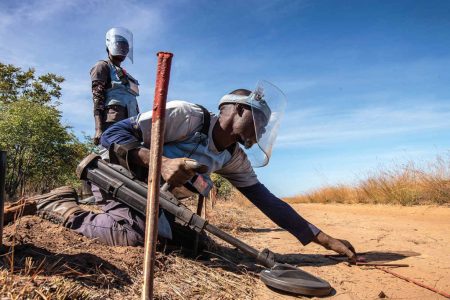Developments in the oil sector and Covid-19 vaccine aid from China and Japan will improve Timor-Leste´s economic prospects, according to the Economist Intelligence Unit (EIU).
“The arrival of large supplies of vaccines from the World Health Organization’s COVAX Facility and China has led us to revise our forecast for widespread vaccination, from 2025 to 2023,” the EIU said in its most recent report on Timor-Leste.
“A renewed surge in coronavirus cases began in late July and has yet to be brought fully under control. The vaccination programme is under way, with vaccines being supplied by China and Japan,” it added.
Following publication of the revised 2021 budget, the EIU revised its estimates of revenue and expenditure and expects increases of more than 30 per cent. A fall in spending in 2022 is now expected.
GDP growth will expand by 4.5 per cent in 2022, “as a well-drilling campaign sees oil and gas production increase from the Bayu-Undan field,” the EIU said.
“The positive effect of the campaign will spill over into 2023. However, recurrent outbreaks of Covid-19 remain a downside risk to the EIU’s forecasts.”
According to the report, the government will attempt to rein in spending in 2022-23 after a large increase during the pandemic. Major projects including a port development and airport upgrade will be completed in the forecast period.
“We retain our estimate that GDP growth of 4 per cent will be recorded in 2021, ticking up to 4.5 per cent in 2022. This reflects the receding impact of the coronavirus pandemic, and the drilling of new wells in the Bayu-Undan gasfield, which will support oil-sector GDP,” the EIU said.
On 30 September the General Directorate of Statistics published national-accounts data, which showed that Timor-Leste’s real GDP rose by 10.4 per cent in 2020, although this figure was inflated by a statistical adjustment. Non-oil GDP declined by 8.6 per cent.
As a surge in coronavirus cases since late July led to a temporary lockdown (now lifted) imposed on the capital, Dili, with restrictions on movements between districts remaining in place, “it seems likely that private consumption spending will remain subdued for much of 2021,” the EIU said. But the pace in the oil sector “will offset this to some extent, allowing a reasonably strong pace of overall GDP growth to be recorded.”




